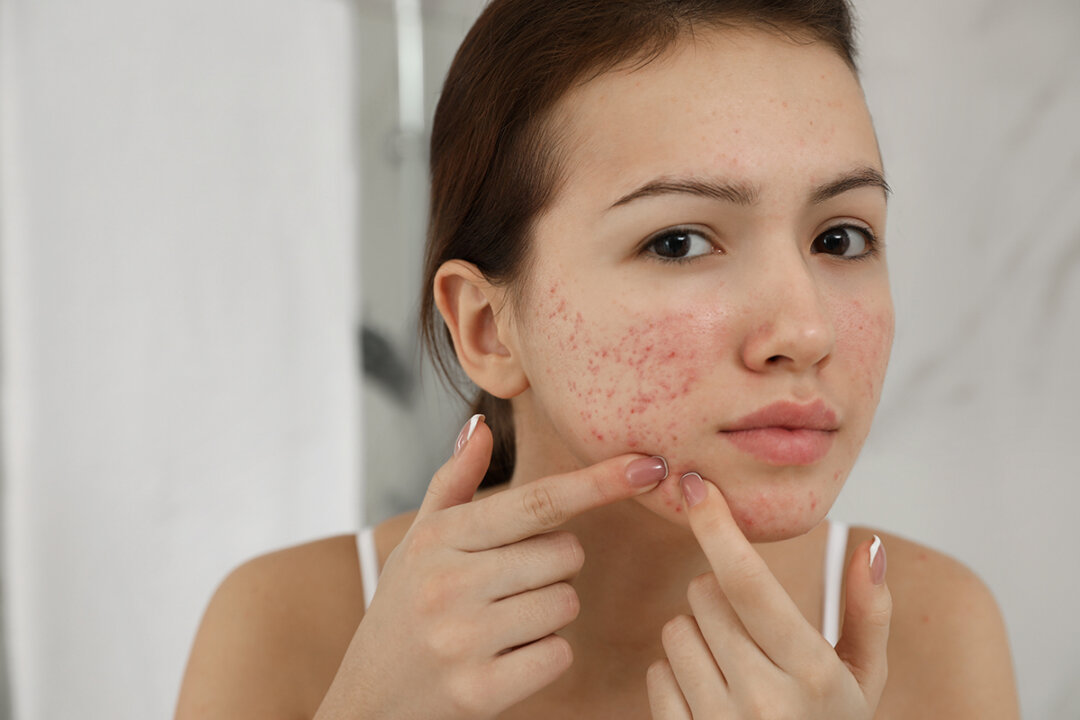Rosacea, a common skin condition marked by redness and facial rash, could be associated with greater health risks, including skin cancer. Rosacea is often mistaken for acne, dermatitis, or other skin conditions. Although there is no cure, health care professionals have identified specific triggers to avoid that can help prevent flare-ups.
These include sun or wind exposure, hot drinks, spicy foods, alcohol, extreme temperatures, heavy exercise, stress, harsh cosmetics, and drugs that dilate blood vessels, such as blood pressure medications. The research team found that patients with rosacea were more likely to be diagnosed with multiple health conditions than patients without it. For example, rosacea patients were twice as likely to be diagnosed with vascular disease and significantly more likely to be diagnosed with heart disease and Type 2 diabetes.

Nearly half of the patients with rosacea were also diagnosed with some type of metabolic disease. The study authors pointed out that past research has suggested that up to 72 percent of rosacea patients suffer from eye conditions, including corneal ulcers. They theorized that the higher number of ophthalmologic diseases in their study sample (fourfold higher than non-rosacea patients) could be explained by the high prevalence of ocular rosacea.
Joint diseases were also more prevalent among individuals with rosacea. Of highest concern, approximately 10 percent of the rosacea patients also had skin cancer. People with rosacea were.























